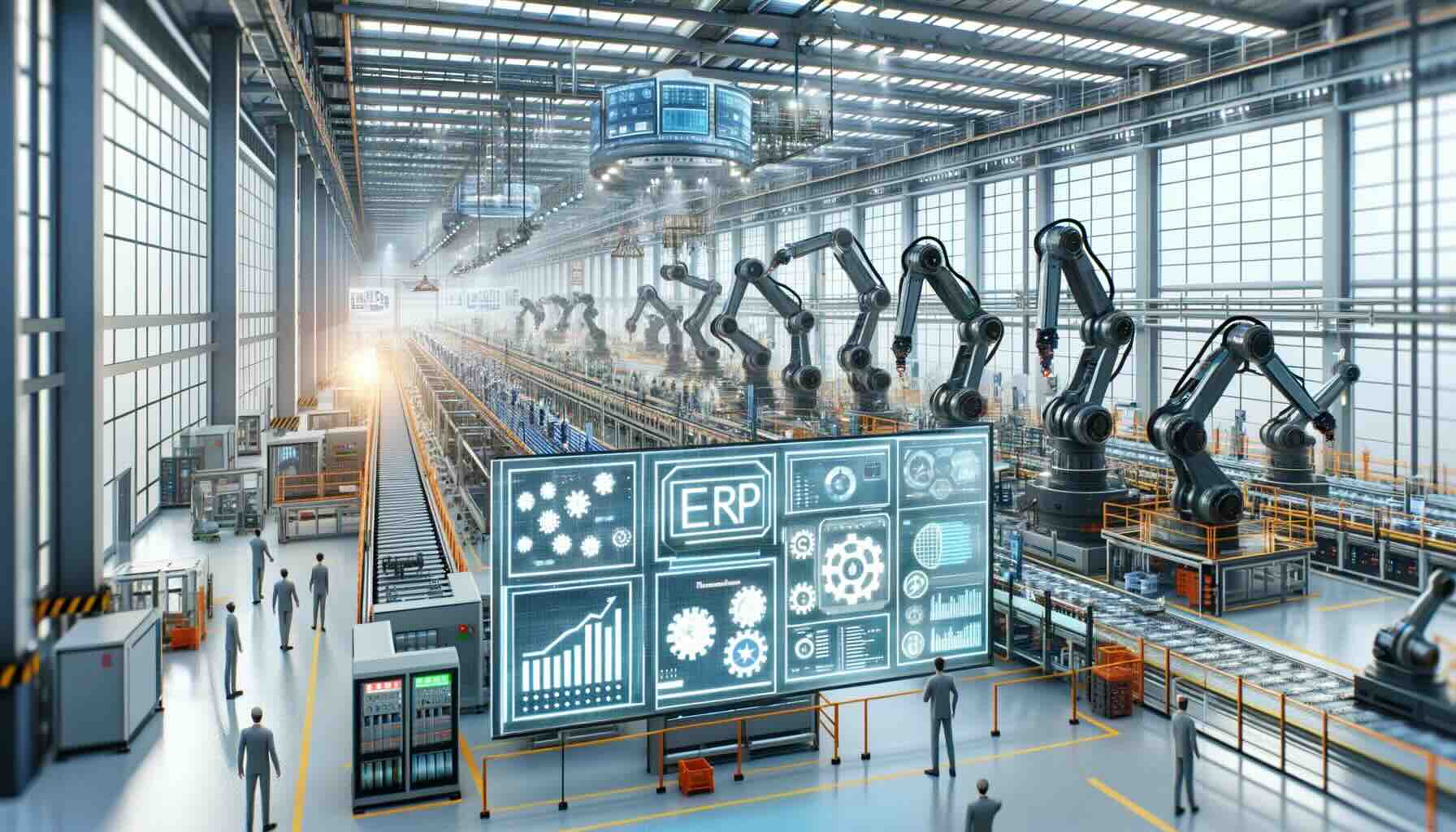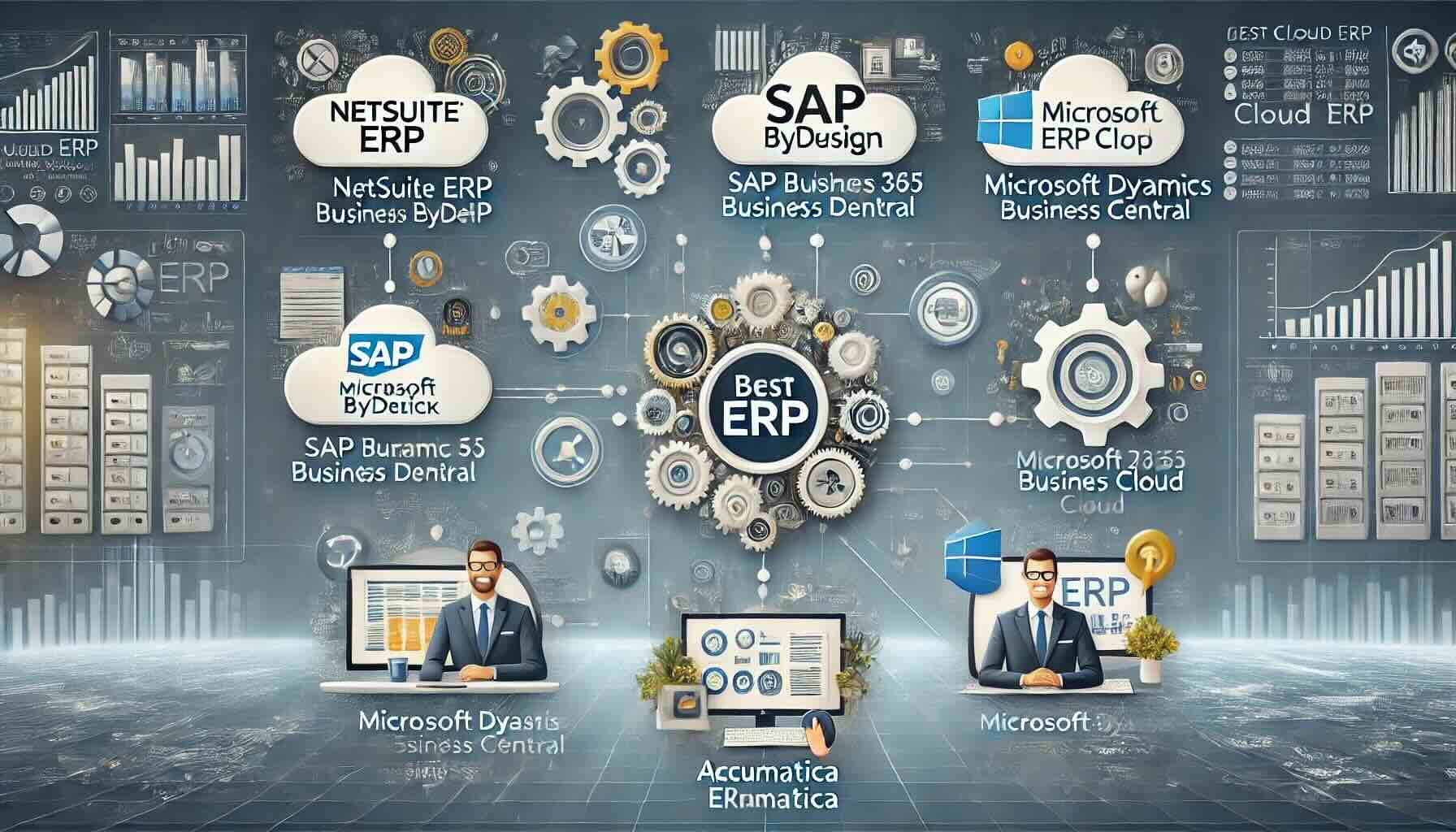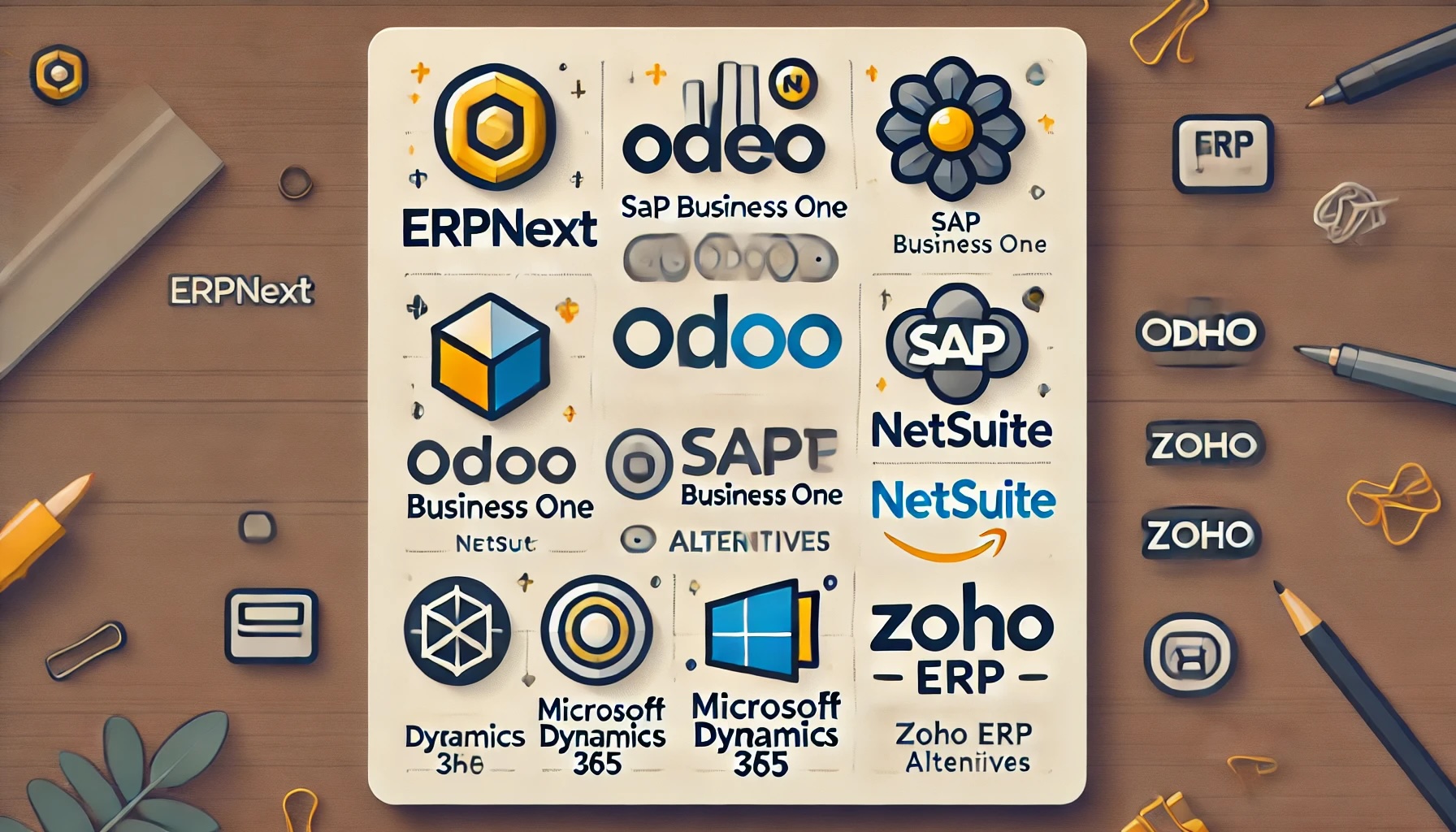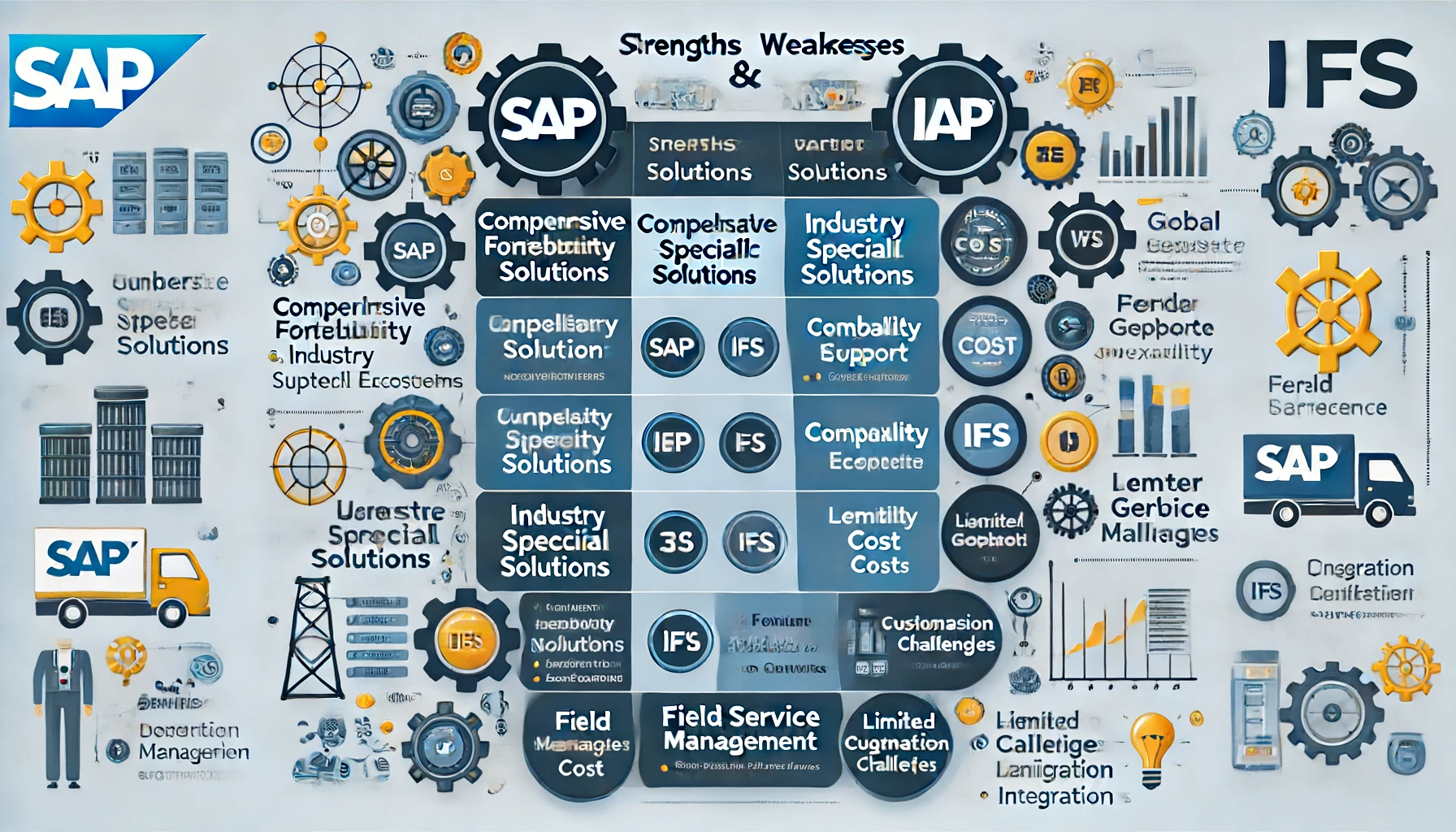Is SAP Business One a Good ERP for Manufacturing?

Is SAP Business One a Good ERP for Manufacturing?
Known for its intricate supply chains, diverse product lines and demanding production schedules, the manufacturing industry requires ERP solutions that streamline operations and adapt to the needs of different businesses. SAP Business One is a popular choice for the industry. But how well does it meet the specific needs of the manufacturing sector?
SAP Business One: Who Is It Designed For?
SAP Business One is pitched towards small to medium-sized enterprises, offering a comprehensive suite of features that cover everything from finance and sales to inventory management and production planning. It stands out for its ability to integrate various business functions into a single platform, as data is able to flow across departments.
How Does It Support SMEs in Manufacturing?
- Integrated Business Processes. SAP Business One integrates diverse business operations. For manufacturers, this means having a unified view of processes like inventory management, production planning and customer relations, supporting them to respond swiftly to market changes.
- Inventory and Production Management. With robust inventory and production management tools, companies can track stock levels in real-time, optimize inventory, and efficiently plan production schedules.
- Flexibility and Scalability. Being highly scalable, as a business grows, SAP Business One can adapt, accommodating new processes and increasing data volumes without compromising performance.
What are SAP Business One’s Drawbacks?
- Complexity for Larger Operations. While ideal for SMEs, larger manufacturing enterprises might find SAP Business One is limited in handling complex operations. Businesses with extensive global operations or those requiring advanced manufacturing functionalities may need to look towards more comprehensive solutions like SAP S/4HANA.
- Customization Requirements. To fully harness the potential of SAP Business One, significant customization might be required, particularly for niche companies within the manufacturing industry. Customization results in longer implementation times and increased costs.
- Learning Curve. The comprehensive nature of SAP Business One means employees might require extensive training to make use of the system effectively, potentially leading to initial dips in productivity.
SAP Business One in Manufacturing: In Action
Small and medium-sized manufacturers have reported improvements in efficiency, better inventory management and enhanced data visibility. However, it should be noted that many report the need for additional modules or third-party integrations to meet specific industry requirements.
Next to Other Industry Solutions?
While SAP Business One is a strong contender, solutions like Microsoft Dynamics 365 and Epicor offer different strengths, such as advanced analytics and industry-specific features, which might be more aligned with certain business needs.
Conclusion: Is SAP Business One the Solution?
SAP Business One ERP for manufacturing stands out for its integrated approach, scalability, and robust inventory and production management features. It is well-suited for SMEs in the manufacturing sector looking to streamline their operations and enhance efficiency. However, larger enterprises or those with highly specialized needs should maybe look towards other industry-specific ERP solutions.
SAP Business One, with its comprehensive suite and adaptability, is undoubtedly a significant player in this space, but like any solution, it will suit some businesses’ needs better than others. Click this link to find out more about SAP Business One for Manufacturing.
To compare SAP Business One with 100s of other ERP solutions, you can use our new AI-powered Compare ERP tool. It’s free to use and you get a guaranteed discount on your first year’s licence fees with a referral from Compare ERP.









